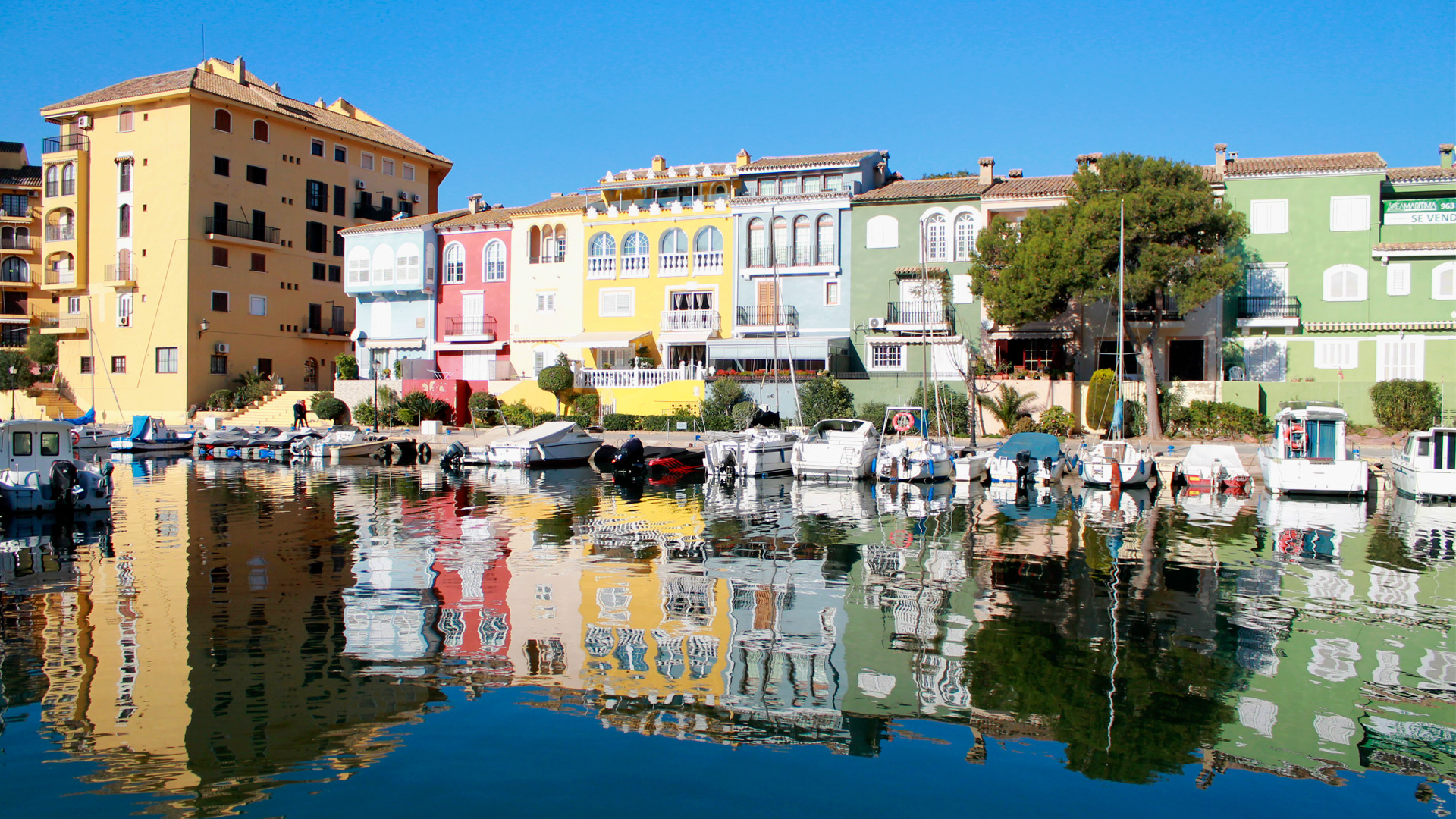Do you want to buy a house in Spain, but you are not Spanish? TrustAdviser is a company specialised in legal and real estate advice in Spain and we can help you.
As a foreigner, looking to buy a house in Spain can be a challenging and overwhelming process. However, with the right guidance and advice, you can make your dream a reality.
In this article, we will provide you with a detailed guide on how to buy a house in Spain as a foreigner.
TrustAdviser will help you succeed in your search for a property in Spain, from the legal requirements, to tips on finding the perfect property, to the buying process and associated costs.
1. Legal requirements for buying a house in Spain as a foreigner
If you are not from Spain and are interested in buying a house in Spain, it is important that you are aware of the legal requirements you must fulfil.
In this section, TrustAdviser provides you with useful information to help you understand the legal requirements you will need to comply with in order to make a safe purchase without any unpleasant surprises.
Residence and necessary permits
Firstly, if you are a foreigner and wish to buy a house in Spain, you must have legal residence in the country.
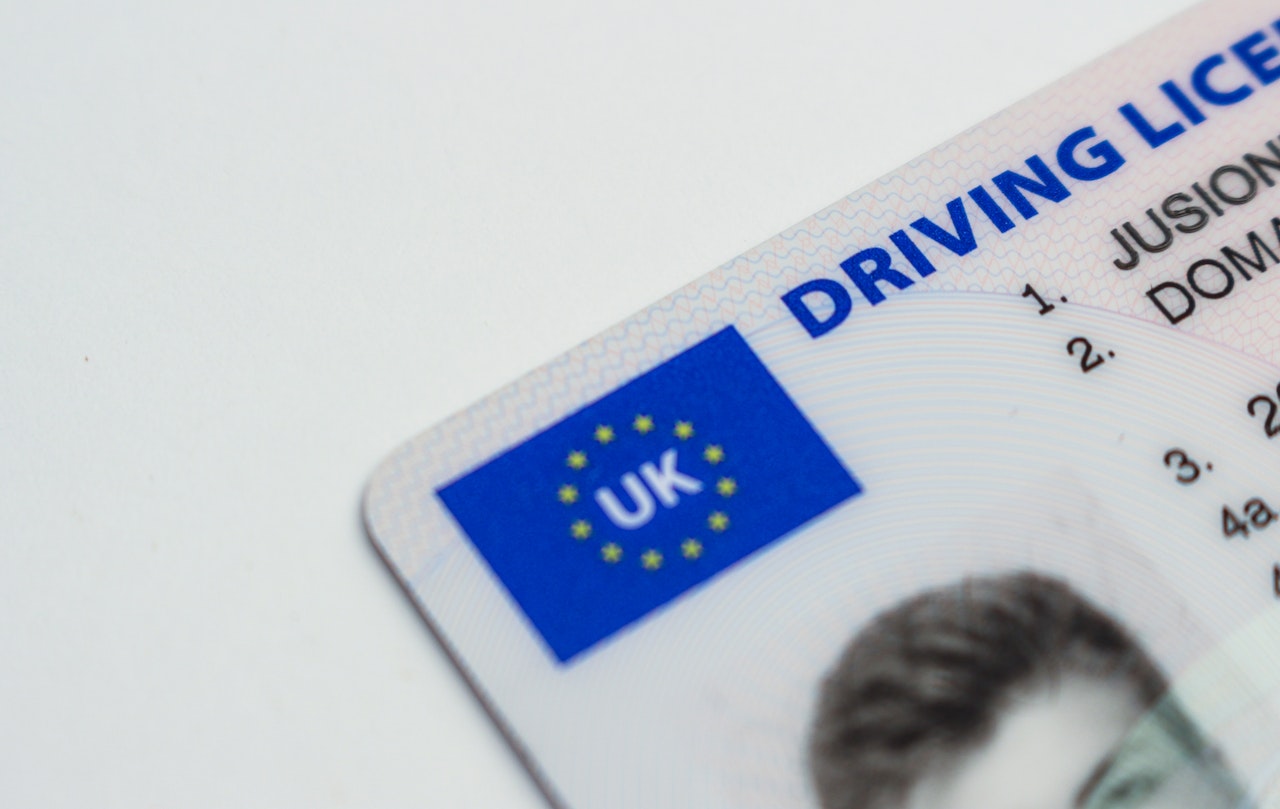
To do so, it is necessary to obtain a Foreigner Identity Number (NIE) and a residence permit.
If you do not reside in Spain, you will need to apply for a tourist or investment visa.
Property Registration
Property registration is a legal process that guarantees that the property you wish to purchase is free of encumbrances and debts.

Registration must be made at the Spanish Land Registry (Registro de la Propiedad), and it is important that you do so before signing any purchase contract.
Local laws and regulations
In addition to the general legal requirements for buying a property, it is crucial to know the local laws and regulations that may affect your purchase.
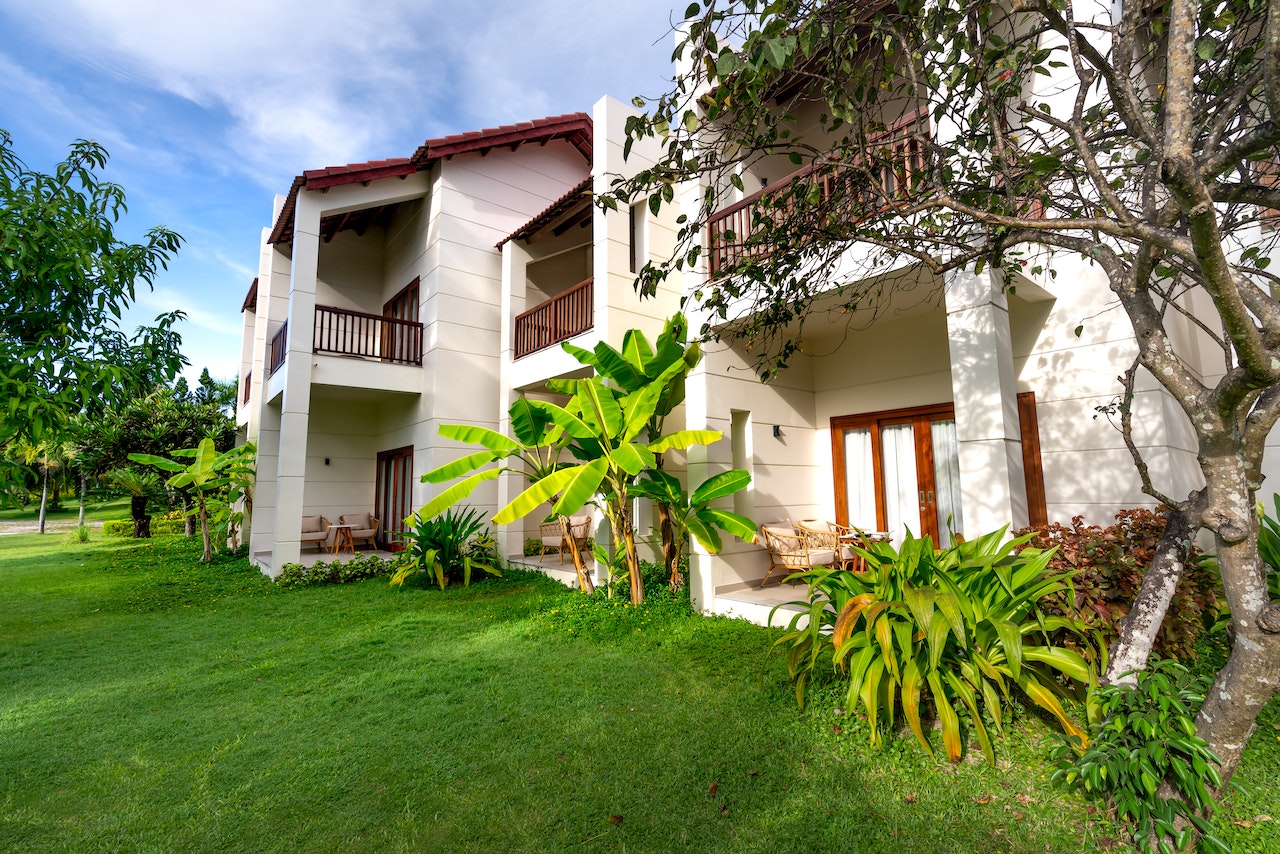
For example, some areas have restrictions on construction or property use.
In summary, as a foreigner wishing to buy a house in Spain, it is essential that you inform yourself of the legal requirements necessary to make a safe and legal purchase.
Make sure you obtain legal residency in Spain, register the property, and know the local laws and regulations that may affect your purchase.
2. How to search for a property in Spain?
In this section, TrustAdviser provides you with some useful tips for finding a property in Spain.
From understanding the property market to finding the right area, these tips will help you find the right property for you.
Spanish Real Estate Market
Before looking for a property, it is important to understand the property market in Spain.

Research average property prices in the areas you are interested in and keep a record of the properties you are interested in so that you can compare prices and make an informed decision.
Recommended areas to buy a house
Spain is a diverse country and has many beautiful areas with different characteristics. Therefore, it is important that you find the area that best suits your needs.
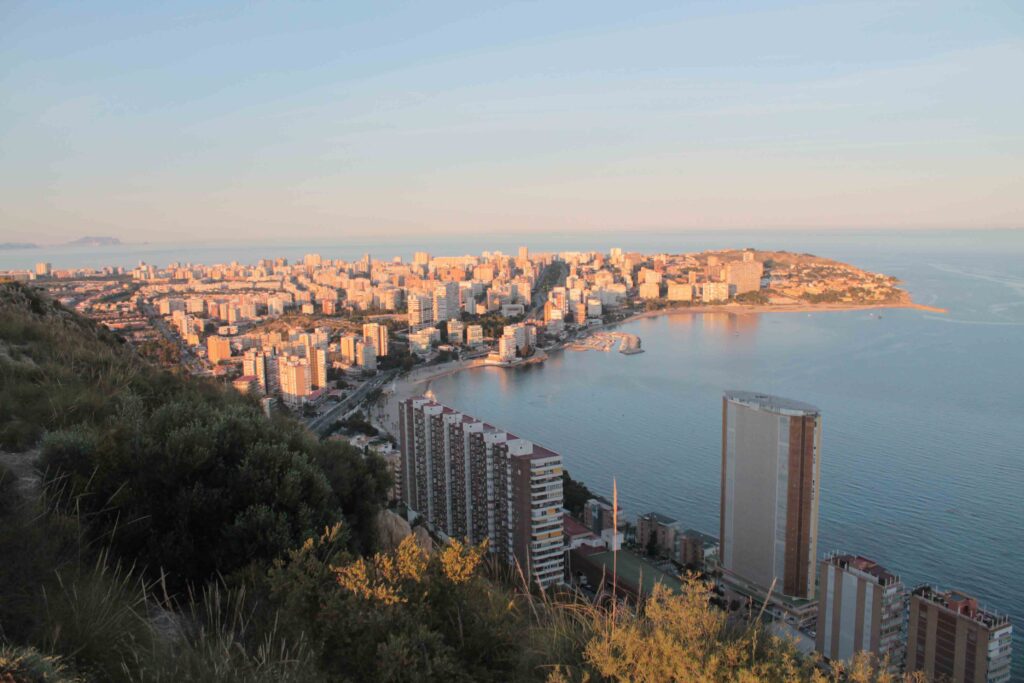
Some popular areas to buy a house in Spain include the cities of Madrid, Barcelona, and Valencia, as well as the Costa del Sol and the Canary Islands.
Invest in a good real estate agency
Investing in a good real estate agency is crucial to finding the right property in Spain.

A good agency will have extensive knowledge of the areas and the property market, and will help you find the property that best suits your needs and budget.
Verify the legality of the property
Once you have found a property that interests you, it is important to verify its legality.
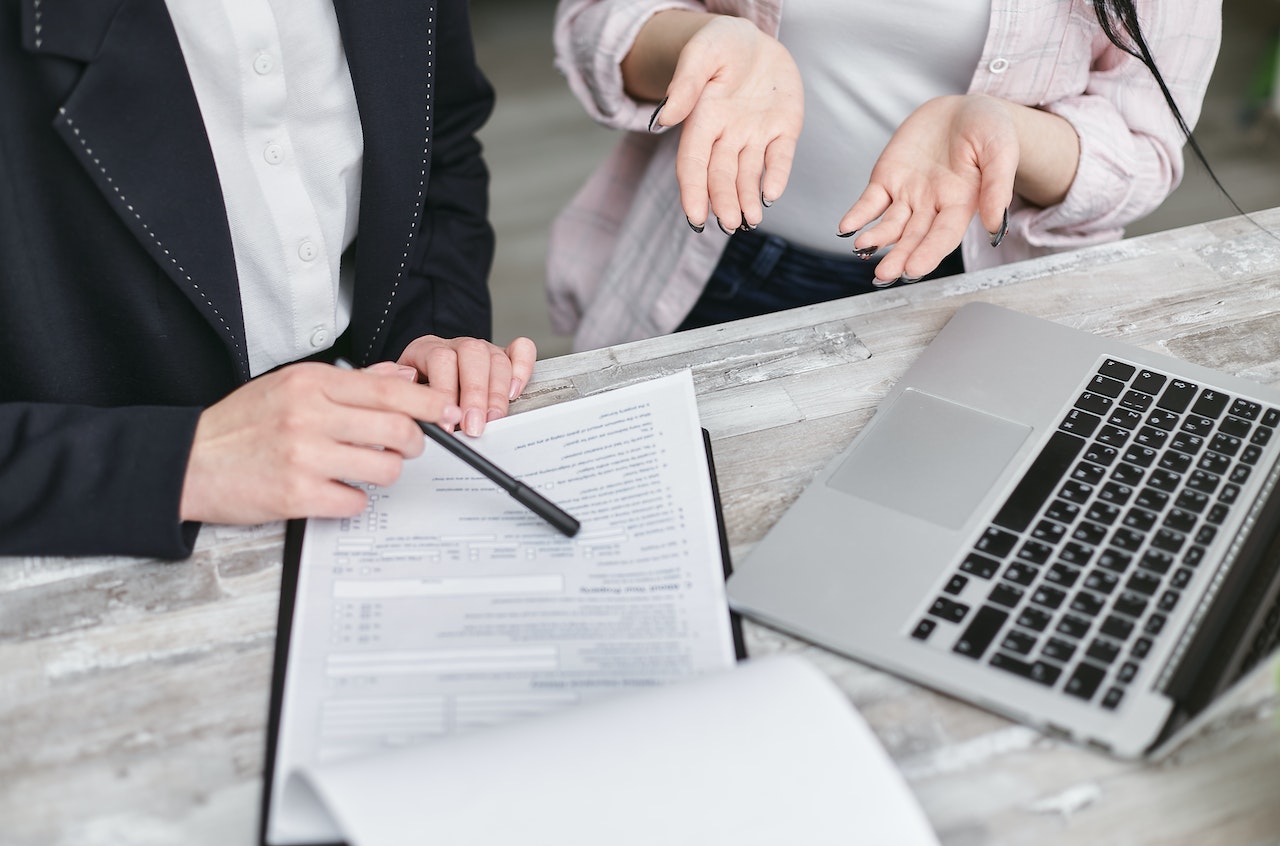
Make sure that the property has all the necessary permits, such as building and use licences, and that it is registered in the Spanish Land Registry (Registro de la Propiedad).
In summary, when looking for a property in Spain, it is essential to know the property market, find the right area, find a good real estate agency and verify the legality of the property. With these tips in mind, you will be better equipped to find the ideal property for you in Spain.
3. The process of buying a house in Spain
The process of buying a house in Spain can be a little different from other countries, so it is important to know the necessary steps to make a successful and safe purchase.
In this section, TrustAdviser provides you with detailed information about the process of buying a house in Spain.
Offer and acceptance
Once you have found the property you are interested in, the first thing to do is to submit an offer to the seller.
The offer should include the price you are willing to pay, the payment terms and any other conditions you wish to set. If the seller accepts your offer, the Earnest Money Contract will be signed.
Earnest Money Contract
The Earnest Money Contract is a legal document that sets out the terms of the sale and payment of the property.
This document sets out the amount to be paid as a down payment, which is usually 10% of the price of the property, as well as the payment terms and delivery dates.
Completing the purchase
Once the Earnest Money Contract has been signed, it is necessary to complete the purchase process.
At this point, the balance of the purchase must be paid and the purchase contract must be signed before a Notary Public.
Spanish Land Registry
Once the purchase process is complete, it is important to register the property in the Spanish Land Registry (Registro de la Propiedad).
This process ensures that the property is legally yours and free of encumbrances and debts.
In summary, the process of buying a house in Spain involves submitting an offer, signing an Earnest Money Contract, completing the purchase and registering the property. You should seek the advice of a lawyer specialised in real estate law to guide you through the process and ensure a safe and legal purchase.
4. Costs associated with buying a house in Spain
It is important to know the costs associated with buying a house in Spain in order to plan properly and avoid unpleasant surprises in the process.
In this section, TrustAdviser provides you with detailed information about the costs associated with buying a house in Spain.
Property Transfer Tax (ITP, in Spain).
The ITP is a tax that is levied on the transfer of ownership of property and varies depending on the autonomous community where the property is located.
In general, the ITP usually ranges between 6% and 10% of the price of the property.
Value Added Tax (VAT)
In the case of new homes, Value Added Tax (VAT) is applied instead of ITP.
VAT in Spain is 10% on the price of the property.
Notary and registry fees
There are separate fees for both registration at the Spanish Land Registry and to the notary.
These costs vary depending on the price of the property and the autonomous community where it is located.
Administration fees
Hiring an agency may be necessary to ensure that all paperwork and documents are completed correctly and on time.
Agency fees usually range between €500 and €1500.
Other associated costs
In addition to the expenses mentioned above, there are also other costs associated with buying a house in Spain, such as the cost of property appraisal, moving costs and property maintenance expenses.
In summary, the costs associated with buying a home in Spain include Property Transfer Tax (ITP) or Value Added Tax (VAT), notary and registry fees, agency fees and other associated costs. Make sure you have an adequate budget to cover these costs and make a safe and planned purchase.
5. TrustAdviser final tips for buying a house in Spain
Finally, TrustAdviser would like to give you some additional tips to make your house purchase in Spain a success:
Hire a lawyer specialised in real estate law
A lawyer specialised in real estate will provide you legal advice and help you to ensure that all the legal aspects of the property purchase are in order.

This is especially important if you are not familiar with the Spanish legal system.
Research the location and the property
Before submitting an offer, research the area where the property is located and the characteristics of the property itself.

Make sure the area is safe, accessible and has the necessary services.
Additionally, check the condition of the property and whether there are any problems that could affect its value or habitability.
Check the property’s financial situation
Before signing any contract, check the property’s financial situation and whether the property has any debts or encumbrances that could affect the transaction.
You can request a certificate from the Spanish Land Registry (Registro de la Propiedad) to obtain this information.
Get a mortgage if required
If you are planning to use a mortgage to finance the purchase, be sure to research and compare different mortgage loan options to get the best terms.
Do not rush
Be sure to take the time to research and compare different property and financing options before making a final decision.

Do not feel pressured to make a hasty decision and always think about the long term.
By following these tips, you will be able to make a safe and successful home purchase in Spain. Trust in TrustAdviser to provide you with the necessary information and advice throughout the process.
Conclusions
In conclusion, buying a house in Spain as a foreigner can be an exciting experience, but it can also be complicated if you are not familiar with the necessary processes and legal requirements.
It is important to have professional help and advice in order to ensure a safe and successful purchase.
TrustAdviser is here to provide you with all the information you need and guide you through the entire purchasing process.
We hope you have found this guide useful and wish you every success in your search for your new home in Spain.


